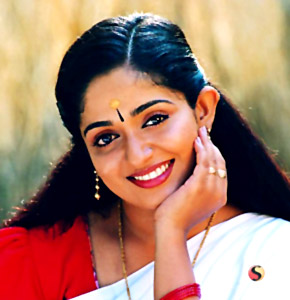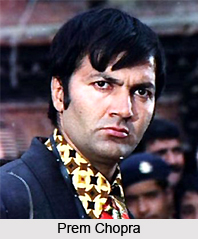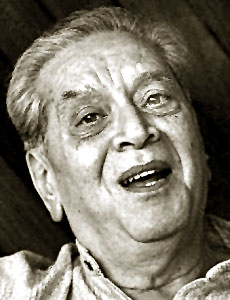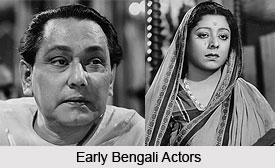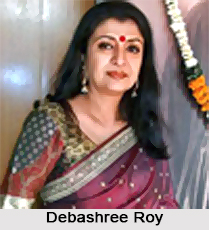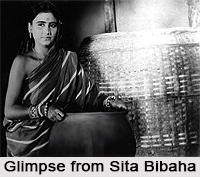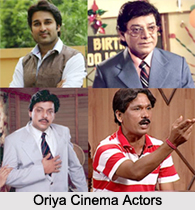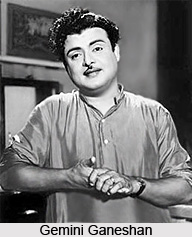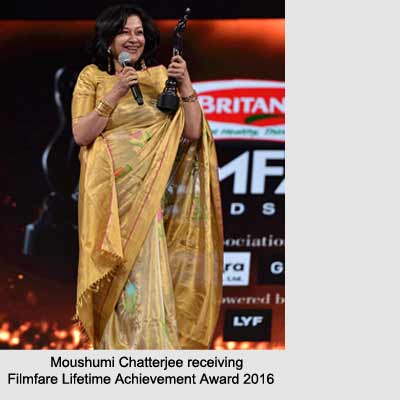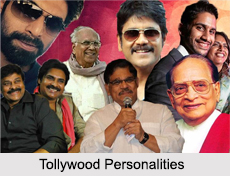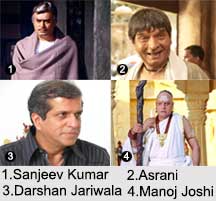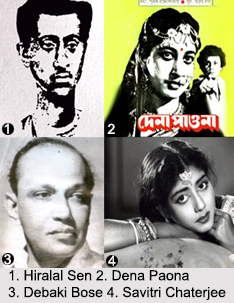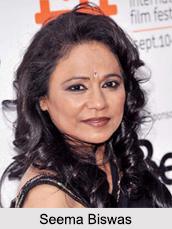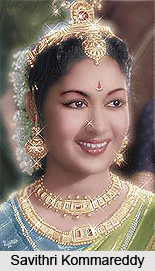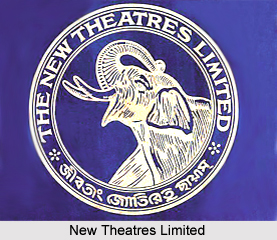 New Theatres sprang up during the Talkie Era in Indian cinema. The famous Madan Theatre in Bombay began the inexorable slide towards inactivity. It was during this period that one of pre-independent India`s most prestigious and best equipped studios was founded at Tollygunge in Kolkata. It was established by B.N. Sircar on February 10, 1931 who ranked among India`s most enlightened and humanist producers. This particular studio is still the temple of Indian Cinema and many films were shots including Satyajit Ray.
New Theatres sprang up during the Talkie Era in Indian cinema. The famous Madan Theatre in Bombay began the inexorable slide towards inactivity. It was during this period that one of pre-independent India`s most prestigious and best equipped studios was founded at Tollygunge in Kolkata. It was established by B.N. Sircar on February 10, 1931 who ranked among India`s most enlightened and humanist producers. This particular studio is still the temple of Indian Cinema and many films were shots including Satyajit Ray.
Another legendary studio was the East India Film Company was founded when A.R. Kardar was a star director of that time. Apart from the Bengali and Hindi talkies that it produced, the East India Film Company was the only modern studio available to producers of Tamil and Telegu films. Many leading directors from Mumbai worked on projects for New Theatres, in particular, the first four talkies in Urdu langauge.
The reputation of New Theatres was enhanced by the plethora of new talents like Debaki Bose, Nitin Bose, PC Barua, the veteran Dhirendraath Ganguly; peerless music directors like Pankaj Mullick, Timir Baran; gifted technicians like Mukul Bose, Bimal Roy, Yusf Mulji and Subodh Mitra. Many of these professionals subsequently migrated to Mumbai in search of better opportunities.
Debaki Bose`s "Chandidas" and Franz Osten`s "Acchut Kanya" had a great impact on in the growing condemnation, spearheaded by Mahatma Gandhi, of the meaner in which the lower castes were treated. The 1937 bilingual film, Vidyapati, with Prithviraj Kapoor, was a somewhat romanticized version of the life of the eponymous 14th century Vaishnava saint-poet. In both Bengali and Hindi, it was a great triumph.
The New Theatres showed many more of Debaki Bose`s masterpieces. His films were laced with devotional songs, love songs and some of the most sublime actresses from Bengal, such as, Chhaya Devi and Kanan Devi, featured in his movies. The New Theatres during the era of Talkies in India set the pace for many other cults that soon followed it.
Some of the major films in India produced by New Theatres are: Dena Paona (released 30 December 1931) - Directed by Premankur Atarthi, Punarjanma (released 2 April 1932) - Directed by Premankur Atarthi, Chandidas (released 24 September 1932) - Directed by Debaki Bose, Kapalkundala (released 20 May 1933) - Directed by Premankur Atarthi, Mastuto Bhai (released 20 May 1933) - Directed by Dhirendranath Gangopadhyay, Sita (released 26 October 1933) - Directed by Sisir Kumar Bhaduri, Daktar (Released 31 August 1940) - Directed by Phani Majumdar, Priyo Bandhabi (Released 23 January 1943) - Directed by Soumen Mukhopadhyay, Dikshul (released 12 June 1943) - Directed by Premankur Atarthi, Rupkatha (released 13 October 1950) - Directed by Soren Sen, Ami Adu ( released in 2011) Directed by Somnath Gupta and many other films.







